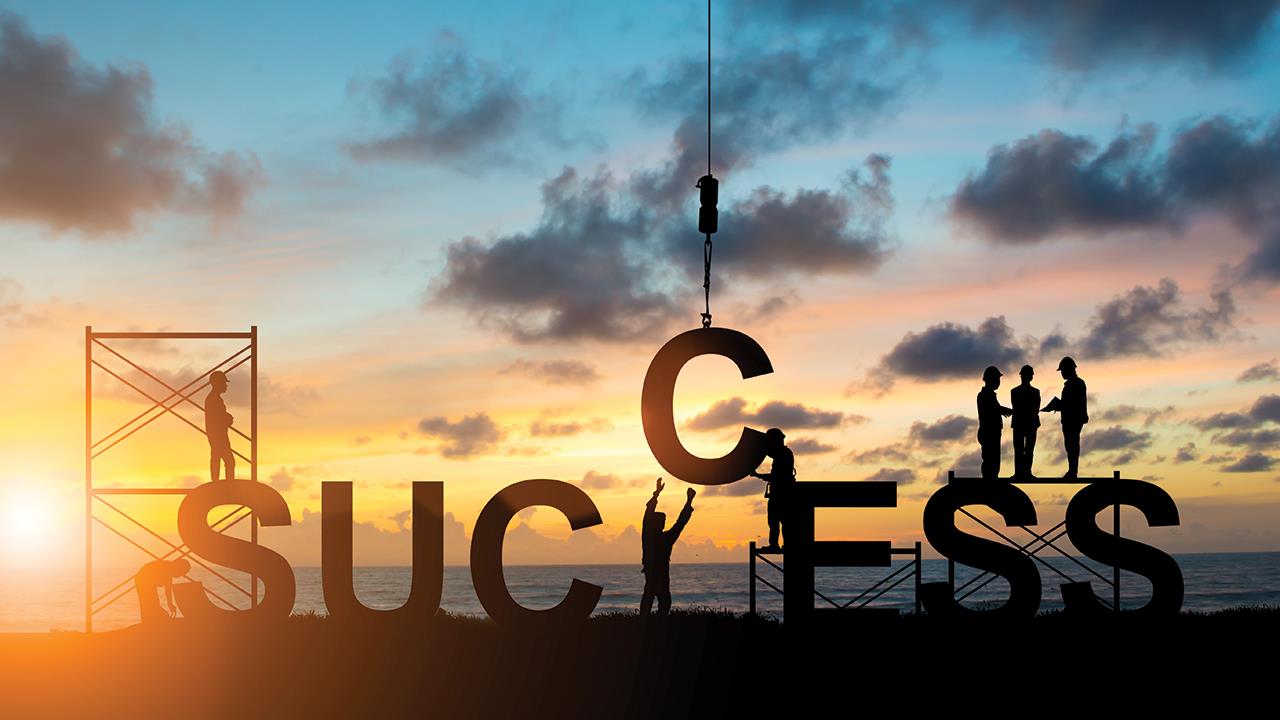

Tommy Lee-Zmuda, installer and founder of The Boiler Business, explores how we define success and explains how you should apply that definition to your own business.
What is success? Is it a money thing or something else? Are you successful if you are daft busy? Or have you made it if you don’t have to work this month? Maybe you are successful if you feel so, regardless of your bank balance?
To help us identify what constitutes success, let’s look at an example. Peter (34) grossed £150,000 last year, including £69,000 labour costs, while Paul (42) only managed £54,000 in labour costs, plus minimal expenses for materials.
Putting turnover to one side, when talking revenue from their labour, Peter is still richer than Paul in absolute monetary terms. However, when you use another value, such as time, the same people have totally different outcomes financially.
Peter is a grafter. Hardworking and determined to grow his business, he works 48 weeks per year, averaging £1,450 week. His plumbing and heating business keeps him and the apprentice daft busy. With all the running around quoting, installing, servicing, repairing, and everything in between, he is averaging a 58-hour week.
When broken down into relative income, Peter is earning just £25 per hour. But his overheads have bloated in recent years. Advertising on various websites and in the local community magazine is costing his small business a fortune, all chipping away at his net profit. He is trying to grow a business that can afford another engineer when his apprentice is fully qualified.
Paul, however, has been there and done that. He used to do the crazy hours just like Peter but now has built a stable little business and is happy with his easy lifestyle. Paul only works nine months of the year.
When he is in work mode, he will work three days a week between 9am and 4pm. This allows him to be home for the kids during term time and take time out with the kids on every school holiday during the year.
Paul works 40 weeks a year, for three days, averaging 21 hours per week. He charges his customers £90 for small jobs such as boiler services and safety checks. On average, he will do around five jobs a day, bringing home £1,350 week; £54,000 annually. When broken down into relative income, Paul earns £64 per hour and has minimal overheads.
From this, we can deduce that Paul is time rich and far more profitable than Peter. You see, he had made these mistakes in his younger years but now, rather than chasing the money, Paul focused on time.
The more time he got back, the more time he invested in his business. Because he now is a specialist in a small area of work, he has been able to systemise his business for maximum relative income. He has time to do the things he likes with the people that he loves and enjoy his life as well as his work.
Know your direction
Before we build our business, we need to plan what we want from life. We all want money, and holidays, and a lovely house, but some holidays and some homes are ‘nicer’ than others and will need more money. The trouble with this is, in most cases, is that collecting money for the ‘money bank’ comes at a cost to our ‘time bank’.
Knowing what type of life/work balance we want right now this year, and again in five, 10, 20 years, will allow us to choose a direction to achieve what we want. The keyword here is direction. Knowing our final destination will only help if this is the place we actually end our journey.
You see, what is most likely to happen is that, as the years roll by, your plans will change. This is because, over the years, people change. Your partner will change, your family may grow, your team members come and go, the industry will change, your business will change, and more than likely, so will what you want from life.
When will your business journey end?
A lot can be achieved over a five, 10, or 20-year period. Having direction and commitment to take the small changes month-on-month, year-on-year will take you out of the woods and towards your life goals well into retirement.
But how many years are left for your business journey? Currently, the average age of retirement for a man is 68 years old. Here’s a rough guide to how many months you have left until your 68th birthday:
I think it’s fair to say that the older you get, the more you value your time. With that as your starting point, it’s important to decide how you want to run your business and, subsequently, your life
The Boiler Business Community, headed up by the Built to Last team, is a highly engaged and supportive community built to help the plumbing and heating industry get their heads around what it means to build a business that works for the owner, the team, and the family and friends the business should support.
Find out more over on the group: www.facebook.com/groups/TheBoilerBusiness.
If you'd like to keep up-to-date with the latest developments in the heating and plumbing industry, why not subscribe to our weekly newsletters? Just click the button below and you can ensure all the latest industry news and new product information lands in your inbox every week.